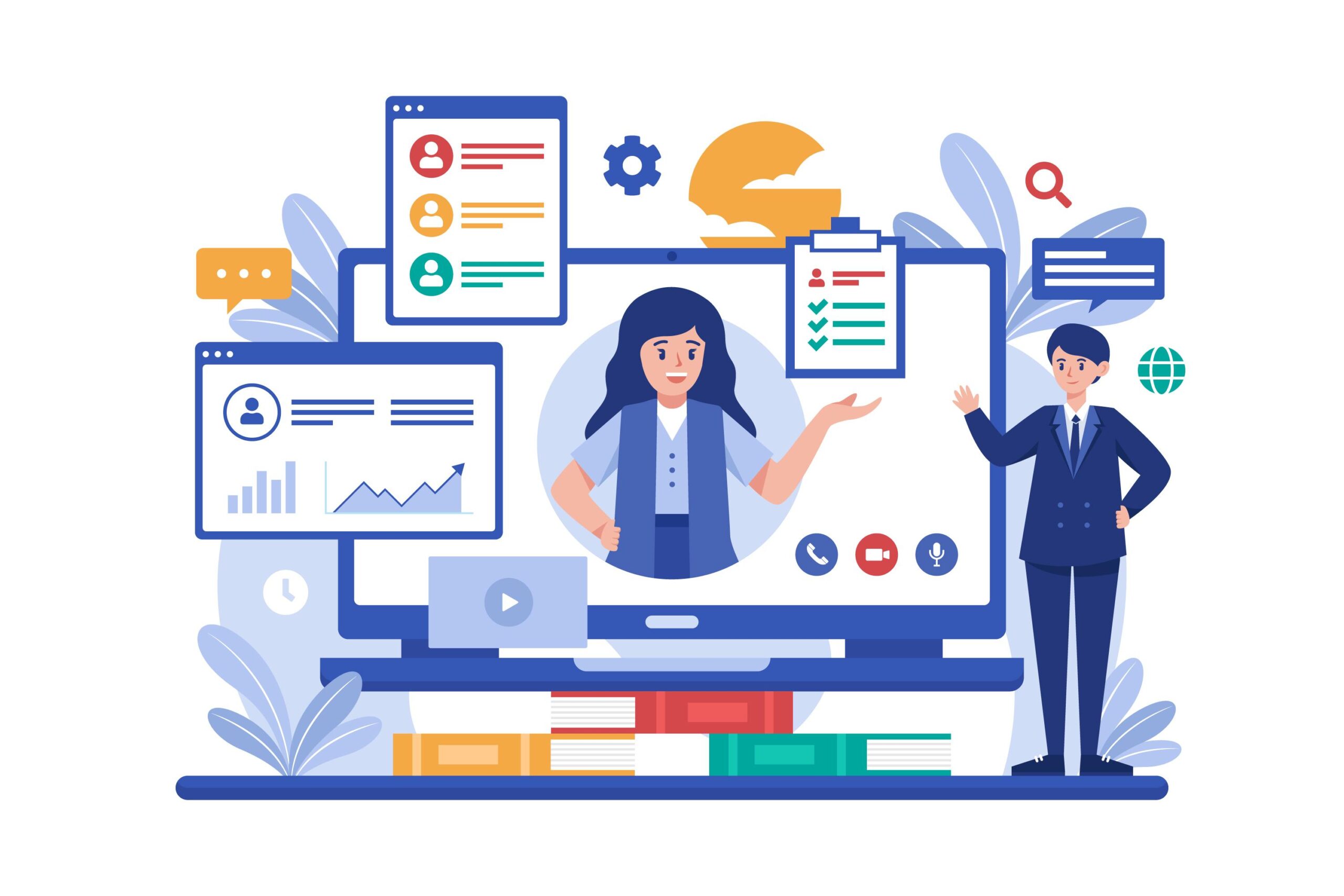
- October 15, 2024
- [email protected]
- Qminds
In the fast-paced and ever-changing business landscape, the need for a structured approach to process improvement has become more important than ever. The Capability Maturity Model Integration (CMMI) has evolved significantly over the years, adapting to the growing demands of digital transformation, agile methodologies, and global competition. QMinds has embraced these changes and leveraged CMMI to help organizations not only keep pace with the modern business environment but also drive sustainable growth and excellence.
The Evolution of CMMI: A Brief Overview
Initially developed to improve software development processes, CMMI has expanded its scope to cover a wide range of industries and business functions. Over the years, it has evolved from a simple process improvement tool to a comprehensive model that helps organizations enhance performance, manage risks, and ensure continuous improvement.
Key milestones in CMMI’s evolution include:
• CMMI V1.0: Focused primarily on software engineering processes, offering a structured way to assess and improve the capability and maturity of development practices.
• CMMI V1.3: Broadened its scope to include services, acquisition, and product development, helping organizations manage diverse projects and processes.
• CMMI V2.0: Introduced in 2018, this version focuses on performance improvement, agile integration, and scalability, making it more relevant to today’s digital and dynamic business needs.
How QMinds Has Leveraged the Evolving CMMI Model
1. Embracing Digital Transformation
With the introduction of CMMI V2.0, the model began to address digital transformation challenges such as automation, data analytics, and integration of digital technologies into business processes. QMinds has helped organizations leverage these capabilities to optimize operations, automate repetitive tasks, and use data-driven insights for decision-making. This approach ensures that companies remain competitive in a tech-driven world, delivering products and services that meet modern customer expectations.
2. Integrating Agile Practices into CMMI Framework
The need for agility in business processes is more critical than ever, especially for organizations operating in fast-paced environments like software development and IT services. The latest evolution of CMMI acknowledges the importance of agile methodologies, and QMinds has guided companies in seamlessly integrating agile practices with the CMMI framework. This integration allows organizations to maintain a structured approach to process improvement while being flexible enough to respond to market changes quickly.
3. Focusing on Performance Outcomes
One of the significant shifts in CMMI V2.0 is its emphasis on performance improvement rather than just process compliance. QMinds has embraced this shift by helping businesses focus on measuring key performance indicators (KPIs) and linking process improvements to tangible business outcomes, such as increased productivity, reduced defects, and faster time-to-market. By aligning process improvements with performance goals, QMinds ensures that the changes made under the CMMI framework drive meaningful and measurable results.
4. Addressing Cybersecurity and Risk Management
As organizations become more digital, the need for robust cybersecurity and risk management practices has grown. The latest versions of CMMI incorporate risk management strategies to help businesses identify, assess, and mitigate risks. QMinds leverages these capabilities to assist companies in embedding risk management into their processes, ensuring that they can proactively address potential threats and maintain business continuity. This focus is especially beneficial for industries like finance, healthcare, and manufacturing, where security and compliance are critical.
5. Scalability for Small and Medium-Sized Enterprises (SMEs)
Previously, CMMI was perceived as more suited for large enterprises due to its structured approach. However, with the evolution of the model, QMinds has been able to demonstrate its scalability for small and medium-sized enterprises (SMEs). By customizing CMMI practices to fit the size, needs, and resources of SMEs, QMinds helps these businesses adopt process improvement strategies that drive growth without overwhelming their capabilities. This adaptability has allowed more organizations to benefit from the CMMI framework, enhancing their process maturity and competitiveness.
Case Study: How QMinds Helped a Leading IT Services Firm Evolve with CMMI
A leading IT services firm partnered with QMinds to navigate the transition to CMMI V2.0 and incorporate agile practices into their existing processes. The firm was struggling with project delivery delays and inconsistent quality due to a lack of structured processes. QMinds helped them map their existing workflows to CMMI requirements and introduced agile sprints to manage project tasks more effectively.
The results included a 40% reduction in delivery timelines, a 30% decrease in project defects, and a significant improvement in customer satisfaction scores. The company’s adoption of CMMI V2.0, guided by QMinds, enabled them to stay competitive in a rapidly changing industry.
Why Choose QMinds for CMMI-Based Process Improvement?
- Expert Guidance: QMinds has extensive experience in applying CMMI principles across industries, helping businesses customize the framework to meet their unique needs.
- Comprehensive Approach: From digital transformation and agile integration to risk management, QMinds addresses all facets of process improvement.
- Focus on Measurable Outcomes: QMinds prioritizes performance outcomes that matter, ensuring that process improvements translate into real business benefits.
Conclusion
The evolution of CMMI reflects the changing demands of modern businesses, from digital transformation to agile adoption and risk management. QMinds has leveraged these changes to help organizations across industries adapt, optimize, and grow. By aligning CMMI-based improvements with business needs, QMinds ensures that companies not only keep pace with the times but also gain a competitive advantage in a dynamic marketplace.
Categories
- Qminds (5)
Newsletter
Get regular updates on data science, artificial intelligence, machine




